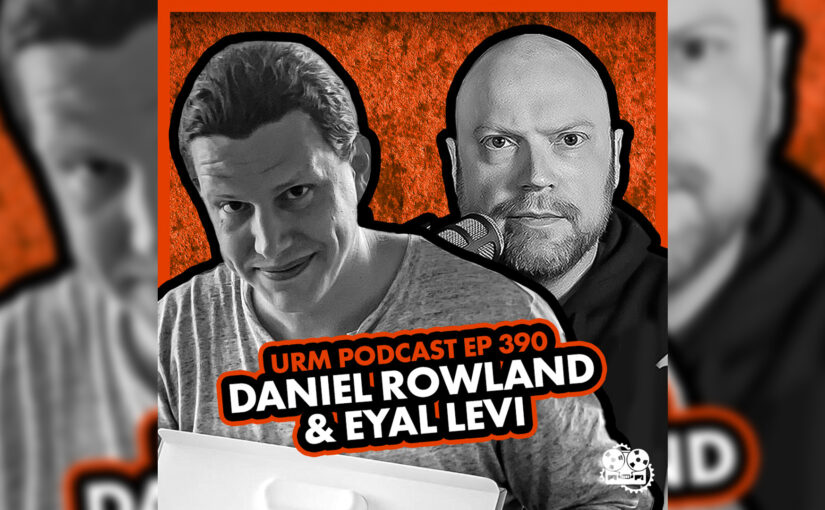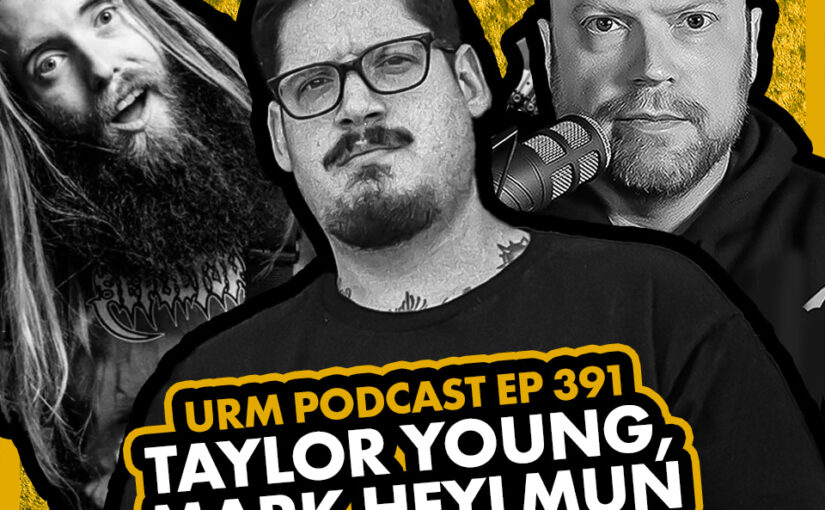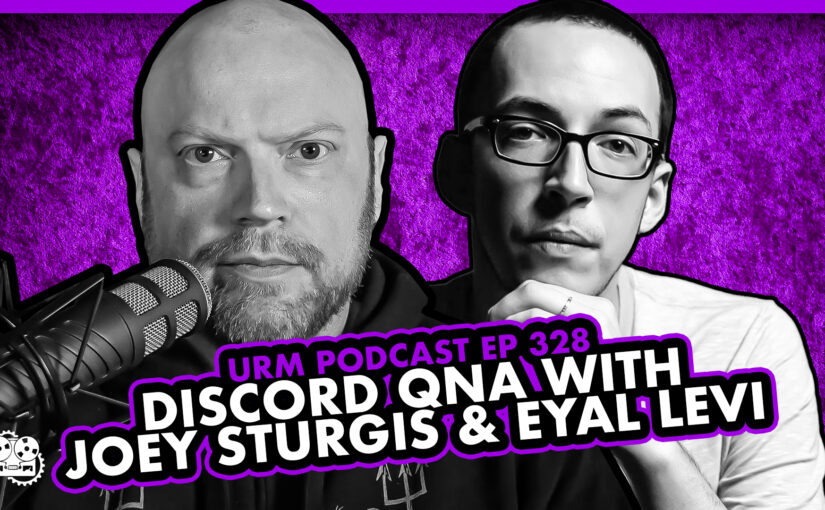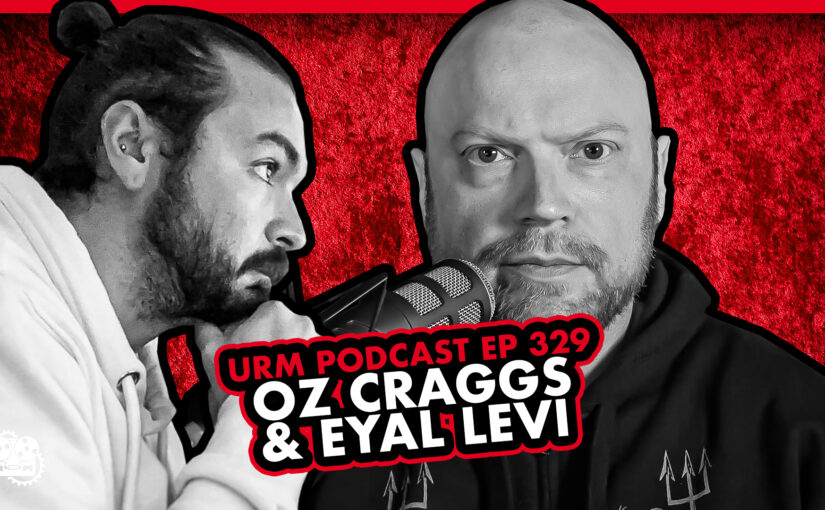Daniel Rowland is an Oscar-winning, Grammy-nominated audio engineer, producer, and professor who also serves as the head of strategy at LANDR. He brings a unique academic and practical perspective to the industry, with a massively diverse credit list that includes work with Pixar, the Star Wars franchise, Gwen Stefani, Weezer, and Lady Gaga.
In This Episode
Daniel Rowland stops by for a killer conversation about the intersection of technology, creativity, and career strategy. As a mastering engineer who went on to help lead LANDR, he offers a grounded take on the role of AI in music production. He explains how AI tools aren’t meant to replace high-end engineers but to serve the massive community of creators who wouldn’t hire a pro anyway, effectively widening the funnel for the entire industry. Daniel gets into the weeds on how LANDR’s AI was trained using thousands of masters from real engineers, and the discussion expands into how new tech, from AI art generators to automated mixing tools, is forcing the bar for human creativity higher than ever. He also gets real about what it takes to succeed, breaking down how he balances multiple high-level gigs, why working 80+ hours a week is often the reality, and giving some seriously practical advice on networking and the importance of embracing change to stay relevant.
Products Mentioned
Timestamps
- [2:52] Daniel’s perspective on LANDR as a professional mastering engineer
- [5:05] The fear of AI replacing creative jobs
- [7:04] Comparing the evolution of AI mastering to AI art generators
- [9:16] How new technology raises the bar for human creativity
- [11:38] Why it takes years of data for an AI to make human-like decisions
- [13:06] The secret sauce: How LANDR was trained using real mastering engineers
- [15:23] The necessity of human input and taste in modern AI tools
- [17:16] How Daniel balances his work with LANDR, teaching, and active audio work
- [20:11] The reality of working 80-100 hours a week to succeed
- [21:59] Why you should embrace new technology instead of fighting it
- [24:44] Acknowledging the natural (but potentially harmful) emotional reaction to new tech
- [32:01] How artists use LANDR for more than just final masters (demos, referencing)
- [34:32] A deep dive into LANDR’s free collaboration and project management tools
- [37:53] How remote work has changed opportunity in the music industry
- [39:21] Why working for free is a necessary evil when you’re starting out
- [42:30] Daniel still does spec work for artists he’s a fan of
- [44:34] Using social media (especially LinkedIn) to network strategically
- [47:51] The difference between objective-oriented and open-ended networking




